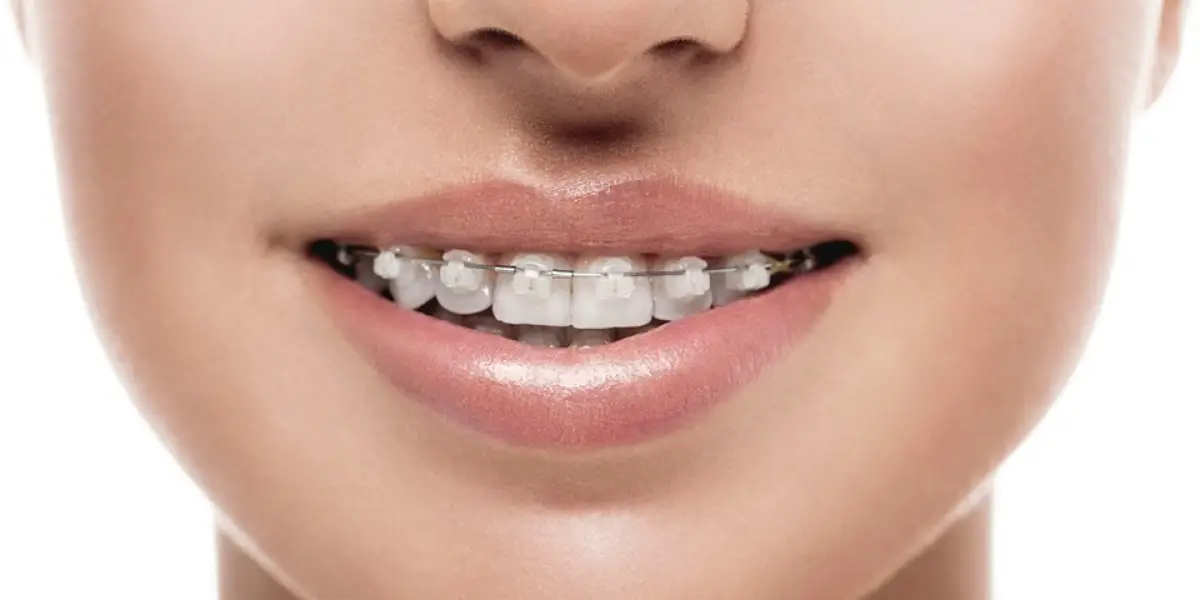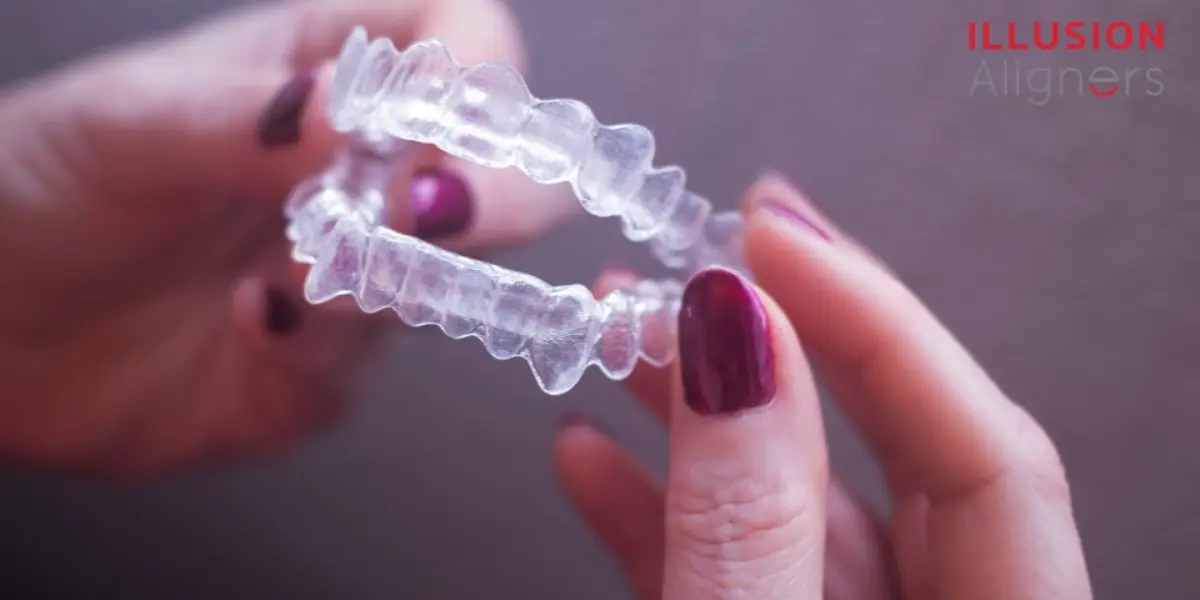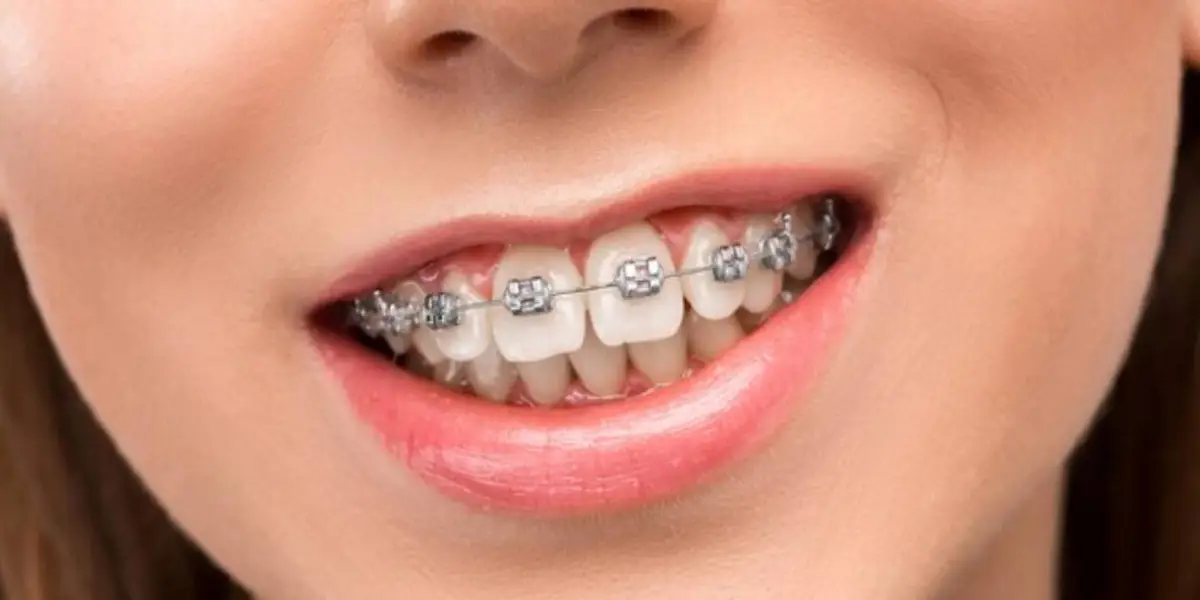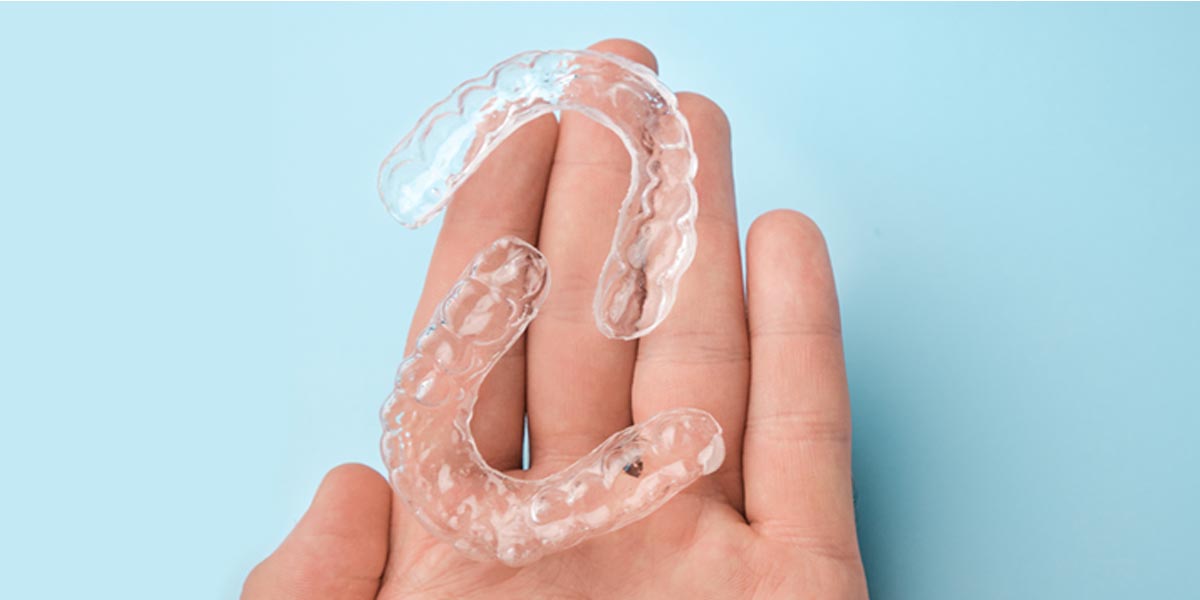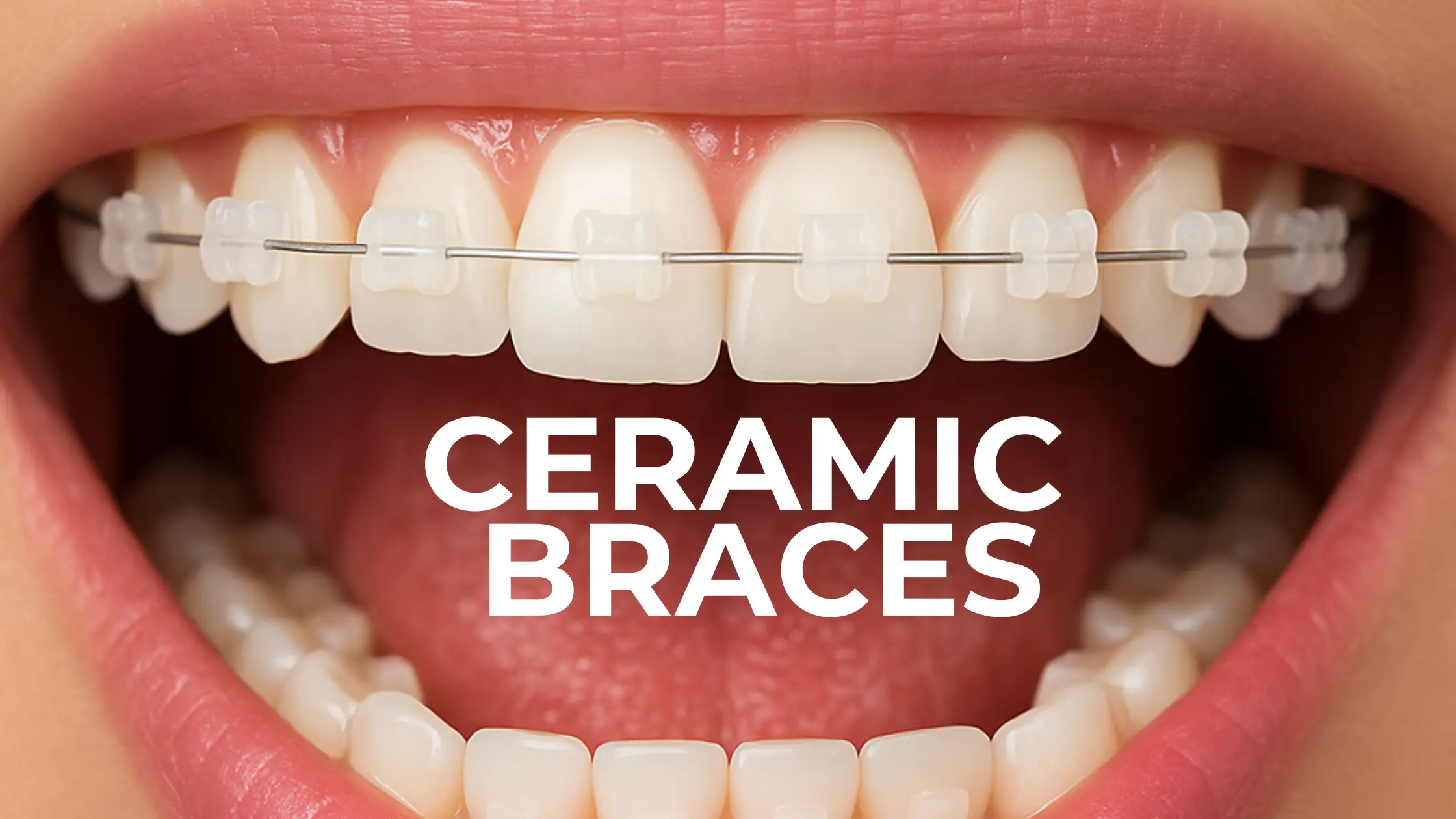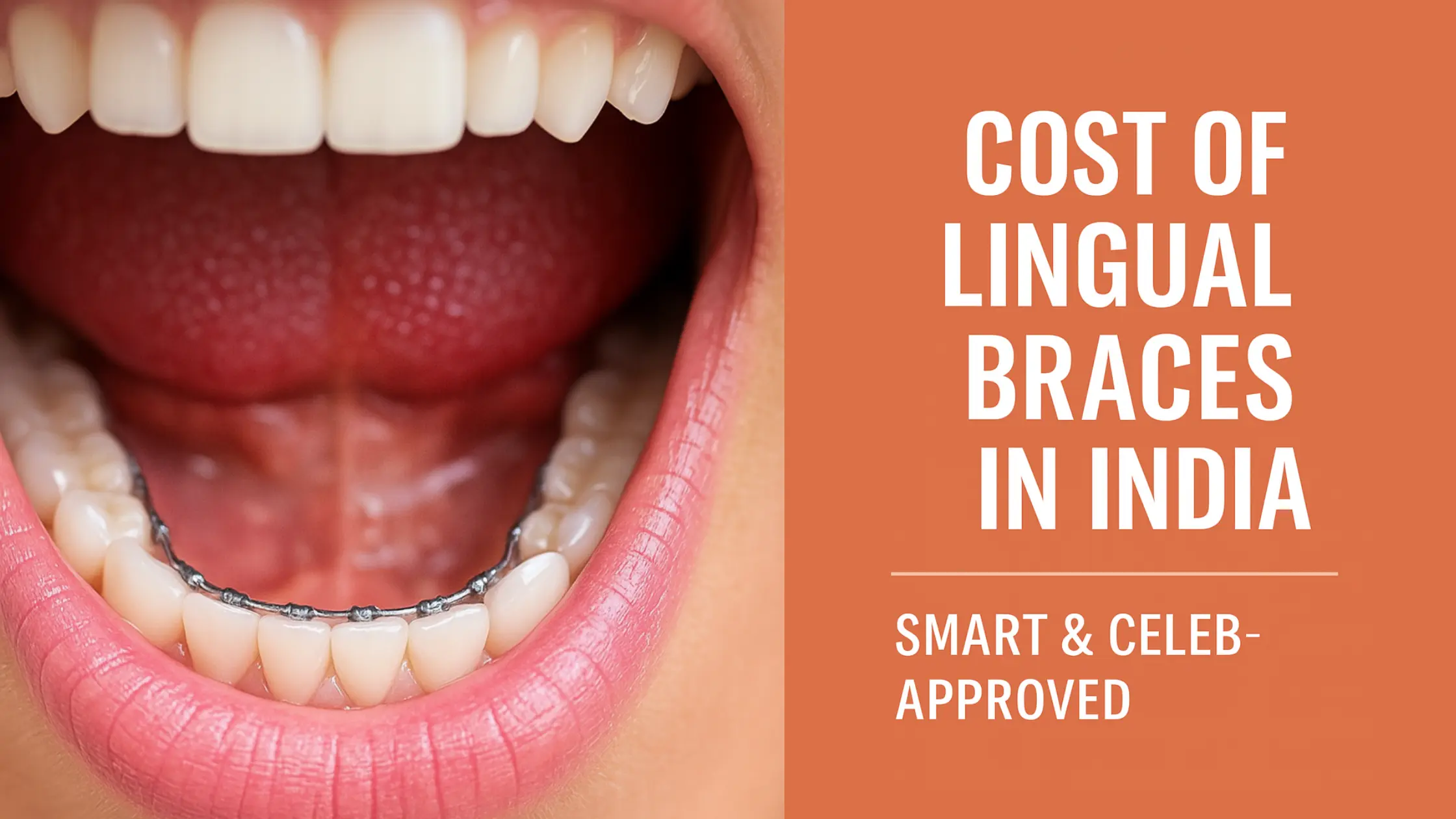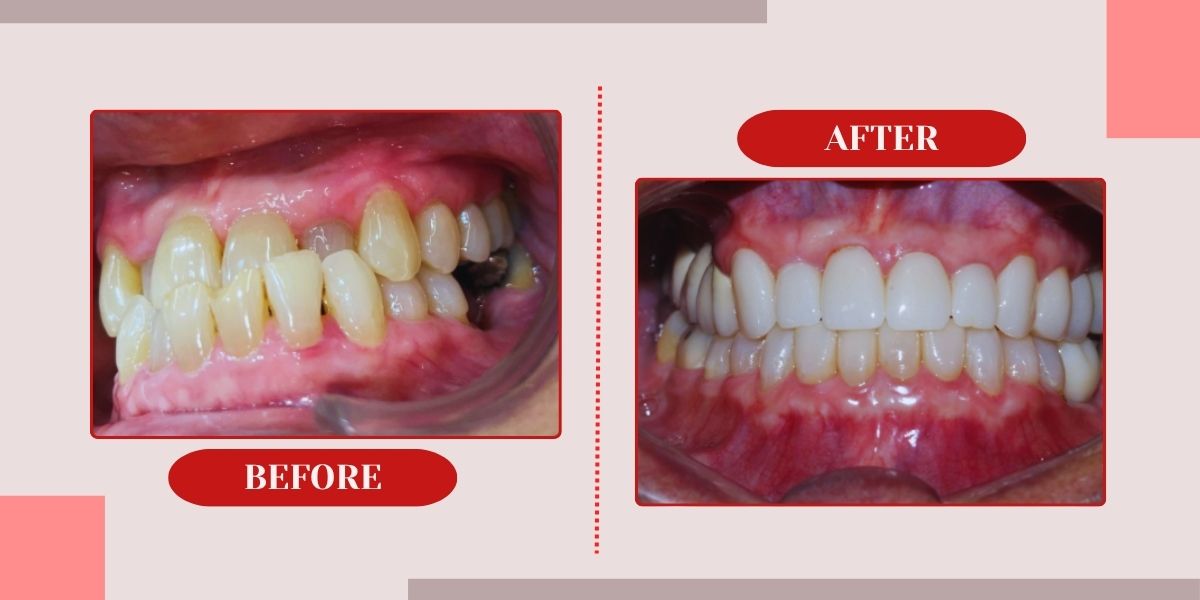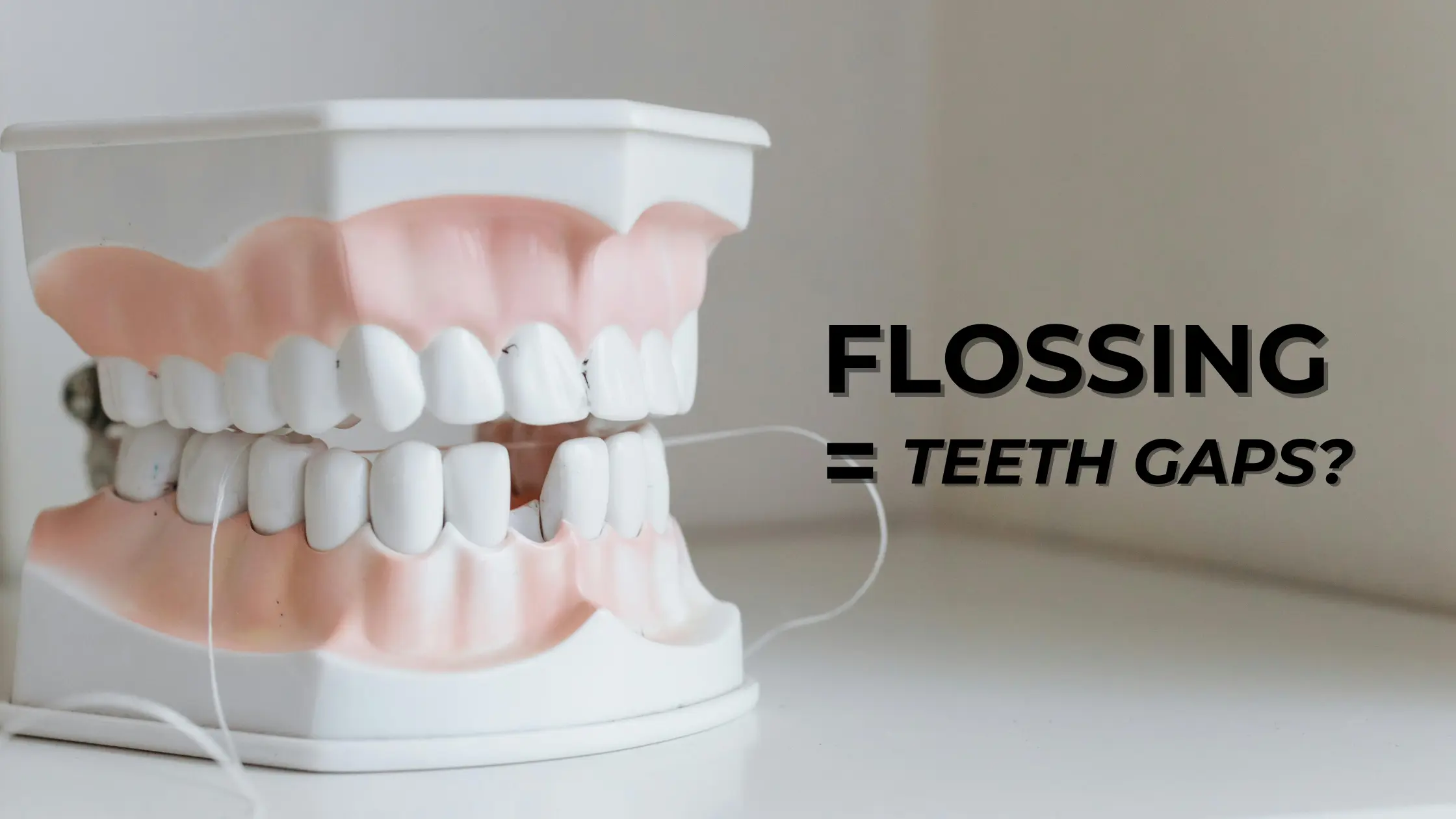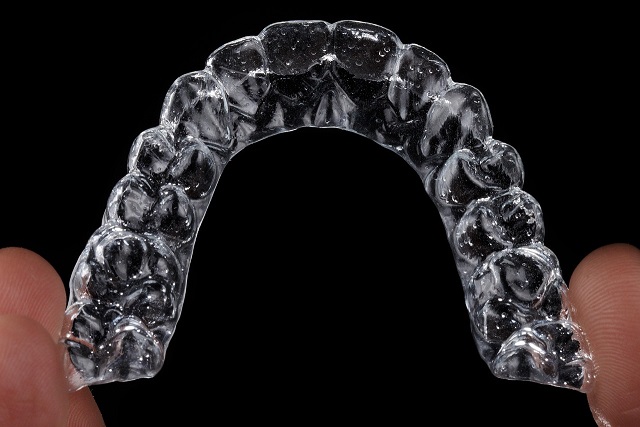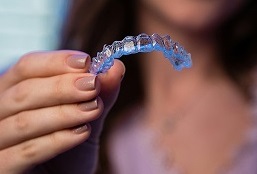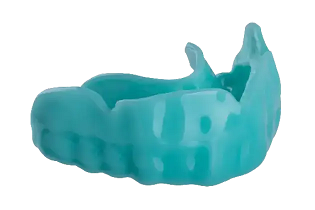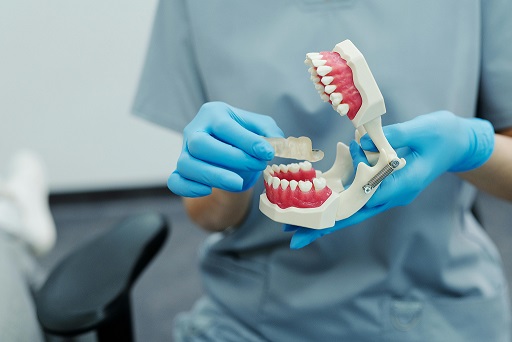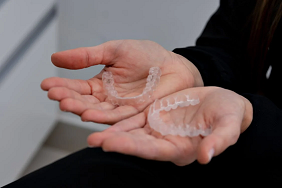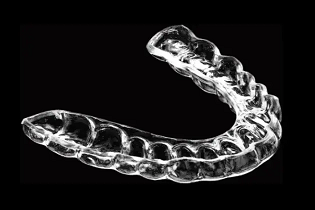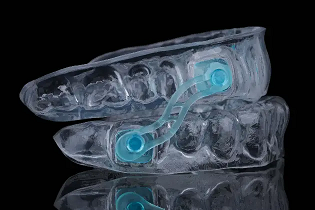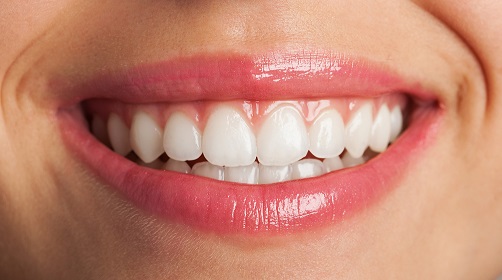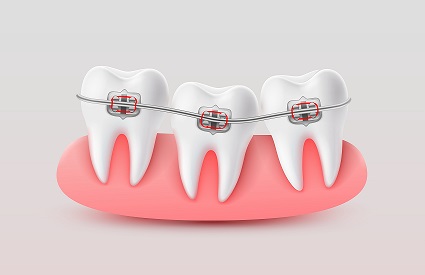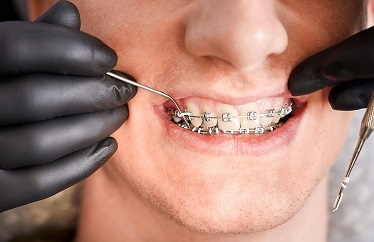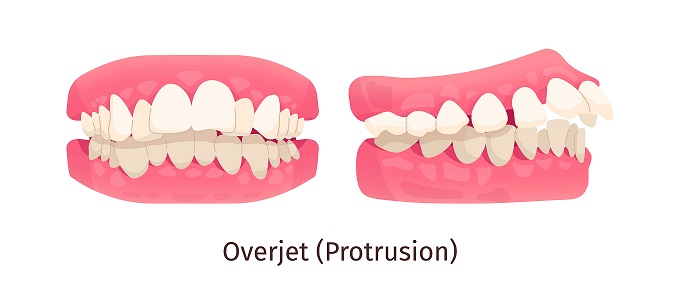.webp
)
Publish on Aug 16, 2025
What Is TMJ? Signs, Symptoms & Solutions
Ever felt a strange clicking sound in your jaw? Or have you experienced pain while eating or yawning? All these symptoms are associated with TMJ disorder. Affecting about 12% of the adult population.
Let’s break it down simply and answer all the questions you might have about TMJ.
What is a TMJ?
TMJ full form is Temporomandibular Joint. This joint connects your lower jaw to the skull and causes movement of the mouth. There is one on each side of the face. You too can locate the joint by feeling right in front of your ears while opening and closing your mouth.
This joint is responsible for many day-to-day activities. This includes chewing, talking, laughing and yawning. We tend to ignore it if there are no symptoms. But when there is pain, discomfort or difficulty in regular movements it causes problems. This is known as TMJ disorder or TMD.
TMD vs normal jaw- the difference
In a normal jaw, temporomandibular joint works well. The movement is smooth and pain-free. The opening and closing of the mouth, shifting your jaw left or right and chewing food without any restriction.
But in the case of TMJ disorders, the joint doesn’t move properly. It might make a click sound, feel stuck or cause pain. You might feel tension even in your neck, head or shoulders.
Common TMJ Symptoms to look out for:
TMJ symptoms can be different for each person. But here are a few signs to not ignore:
- Pain or tenderness in jaw
- Clicking sound on opening or closing the mouth
- Headaches, especially in your temples
- Pain while chewing
- Lower jaw that gets stuck or locked
- Pain around the ears or face
- Tired jaw muscles
Due to bad posture for a long time, people report neck stiffness or tooth pain. This is not related to their teeth.
What causes TMJ disorder?
TMJ problems can happen due to many reasons. Some common ones are:
-
Arthritis:
Can affect the jaw joint too. -
Improper bite or misaligned teeth
-
Teeth grinding
- It happens often at night without realizing. It is the clenching or grinding of teeth.
- It doesn’t just cause jaw pain but also results in headaches and disturbed sleep.
-
Stress or anxiety
- These can lead to clenching or grinding your teeth.
- Tight jaw muscles from stress cause pain.
-
Injury or trauma to the jaw
- Road accidents like car crashes or fall or fights can involve the TMJ. This causes pain, clicking, popping and difficulty in moving the jaw.
There can be tension developed around your jaw and neck, in case of bad posture.
Do I need to see a TMJ specialist near me?
In case the jaw pain you are experiencing persists for a long time, interferes with your daily life. Do not hesitate to visit a dentist. The one who specializes in TMJ disorders.
Treating such symptoms early on can prevent more serious problems in the future. Depending on your condition, you might be referred to a physiotherapist or an ENT specialist.
Diagnosis of TMJ disorder:
Diagnosing a TMJ disorder involves:
- Medical History & Physical examination:
- A review of your medical history and a physical examination of your jaw are done.
- Imaging test:
- Your dentist might get scans to assess your condition better. This way they will get a detailed view of TMJ and its surrounding structures.
- Treatment:
- After the examination, your dentist will present a customised treatment plan for you.
Options for TMJ Treatment:
The TMJ problems may go away without any treatment. But if your symptoms still persist you might need treatment. And the good news is that most of the TMJ treatments are non-surgical and simple. Here are a few options you can look into:
1. TMJ Splint or Night Guard
You will be recommended to wear a Night guard by your dentist. This is also known as TMJ Splint. A splint is a removable dental device. Covering several or all of the upper and lower teeth.
It works by:
- Relieving pain and improving jaw function
- Improved jaw movement
It is considered as the first step in a multi-step procedure. As a splint changes the jaw position and bite, there might be need for orthodontic treatment or crowning teeth.
Illusion Aligners offer custom mouth guards. They fit perfectly and protect your TMJ.
2. Physiotherapy
Some exercises and jaw stretches guided by a therapist can help loosen tight muscles and improve jaw movement.
3. Stress Management
For cases where stress is a trigger, relaxation techniques can help. Like, meditation, yoga or even counselling. Before making a decision, always make sure to consult your doctor.
4. Lifestyle Changes
Changes like avoiding chewing gum, biting nails or eating hard food can help a lot. Also, try not to rest your chin on your hand often.
5. Medication
In some cases, symptoms require anti-inflammatory medicines or muscle relaxants to be prescribed.
When is the surgery needed?
In cases, where symptoms don’t go away or are too severe. Then surgery for TMJ is suggested. It is very rare and only recommended if nothing else works. Surgery is the last resort for severe joint damage.
Why choose Illusion Aligners for TMJ night guards?
We understand how frustrating a jaw pain can be. At Illusion Aligners it’s not about clear aligners- we care about total oral wellness.
Here’s why doctors trust us:
- Custom-fitted night guards that are slim, comfortable, and long-lasting
- Global quality standards
- Expert guidance at every step of the treatment
FAQs
Q: Does over-the-counter mouth guards work?
A: Over-the-counter mouth guards are not one size fits all. They are not made according to your needs. Hence, it does not offer precision and comfort. A professional TMJ splint is always more effective.
Q: Can TMJ disorder go away on its own?
A: Mild discomfort can improve with care. But severe symptoms require proper treatment. This prevents long term damage.
Q: Is it okay to wear a night guard every night?
A: Before making a decision, always consult a dentist. They will assess your condition and help you make an informed decision. Wearing night guards without prescription can change your jaw position and bite and sometimes worsen the problem.
Final Thoughts
TMJ disorders are more common than people realize. But the good news is that it is very treatable. In case you have been struggling with jaw pain, clicking sound or morning headaches. Don’t ignore the signs. Early treatment makes a lot of difference.
Medically Reviewed By Dr Jaineel Parekh, MDS orthodontics
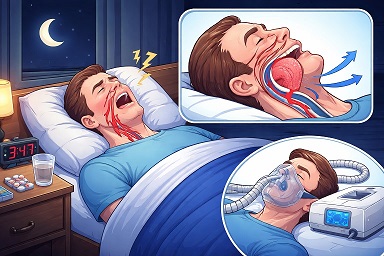


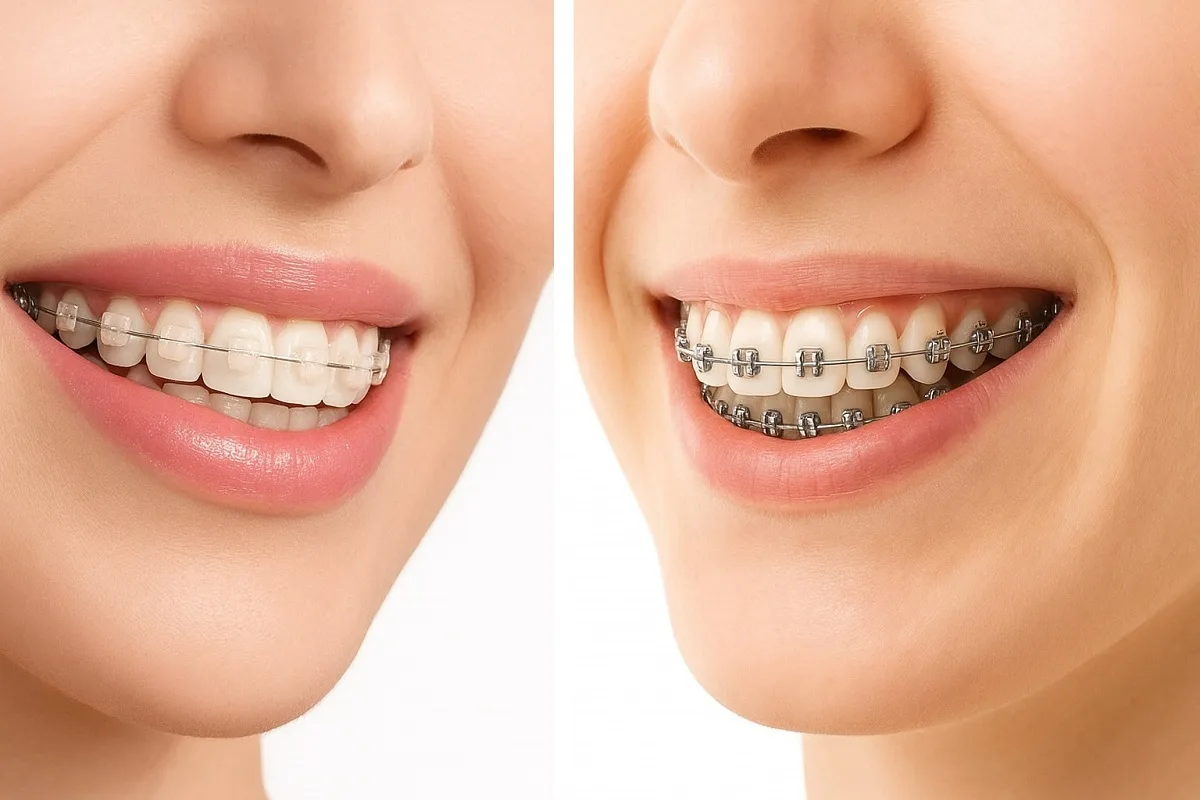
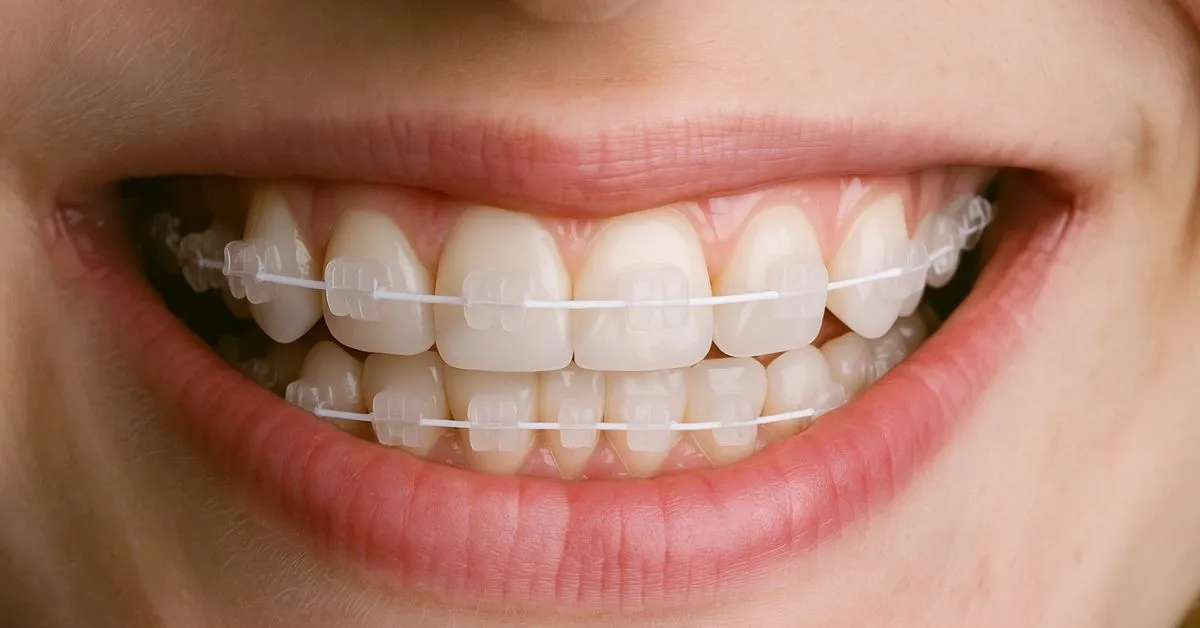
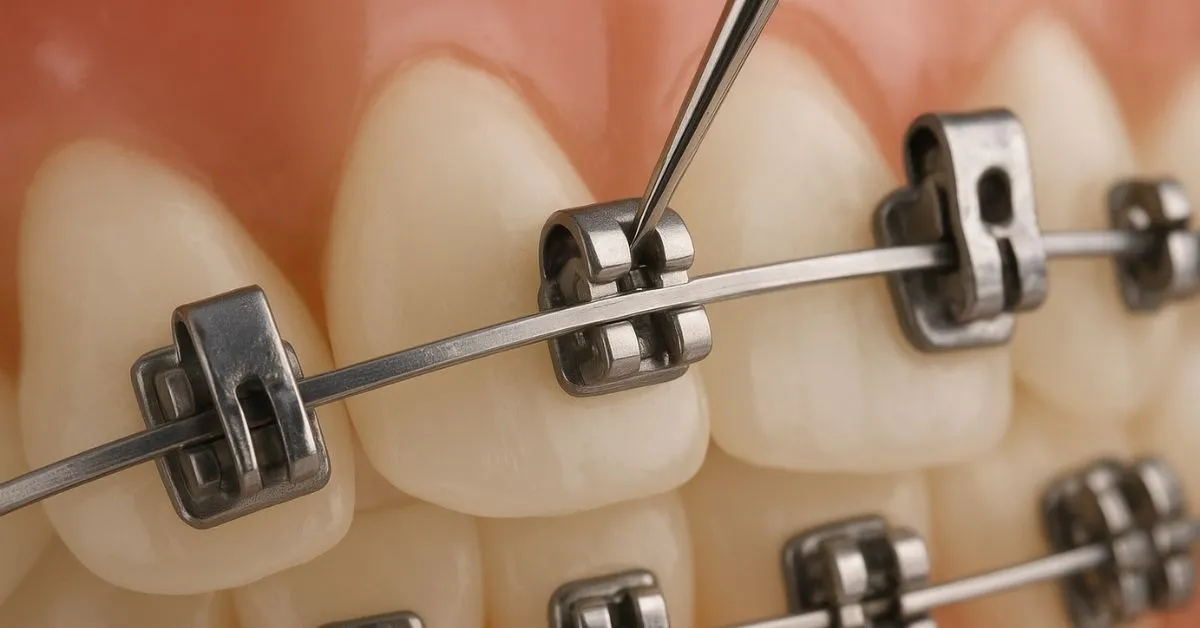
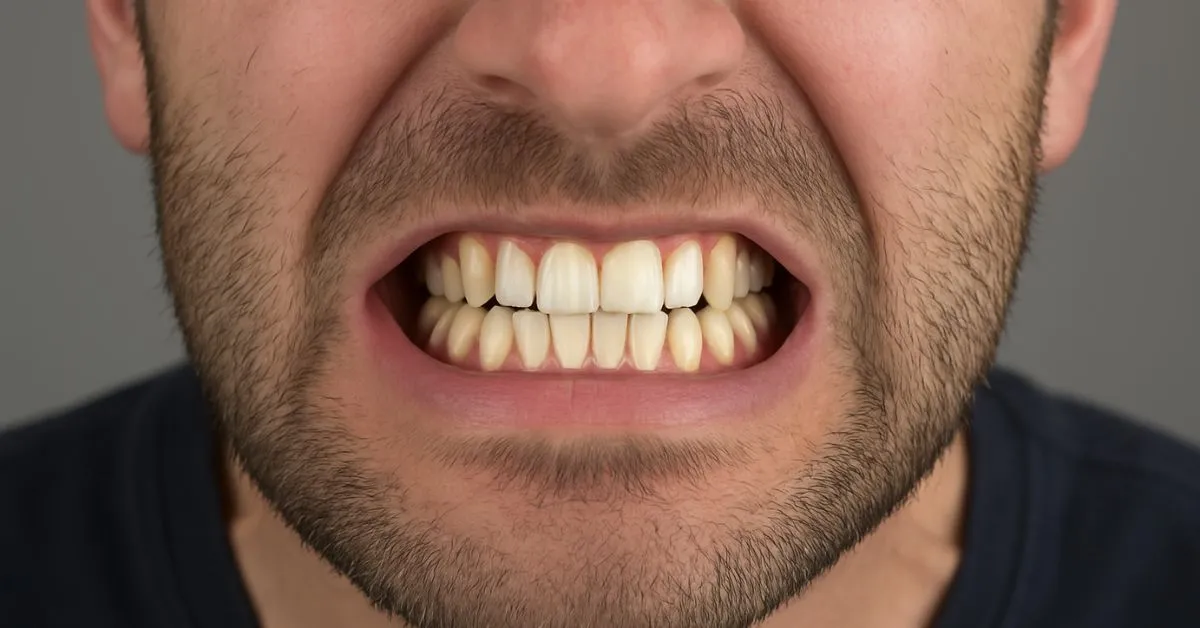
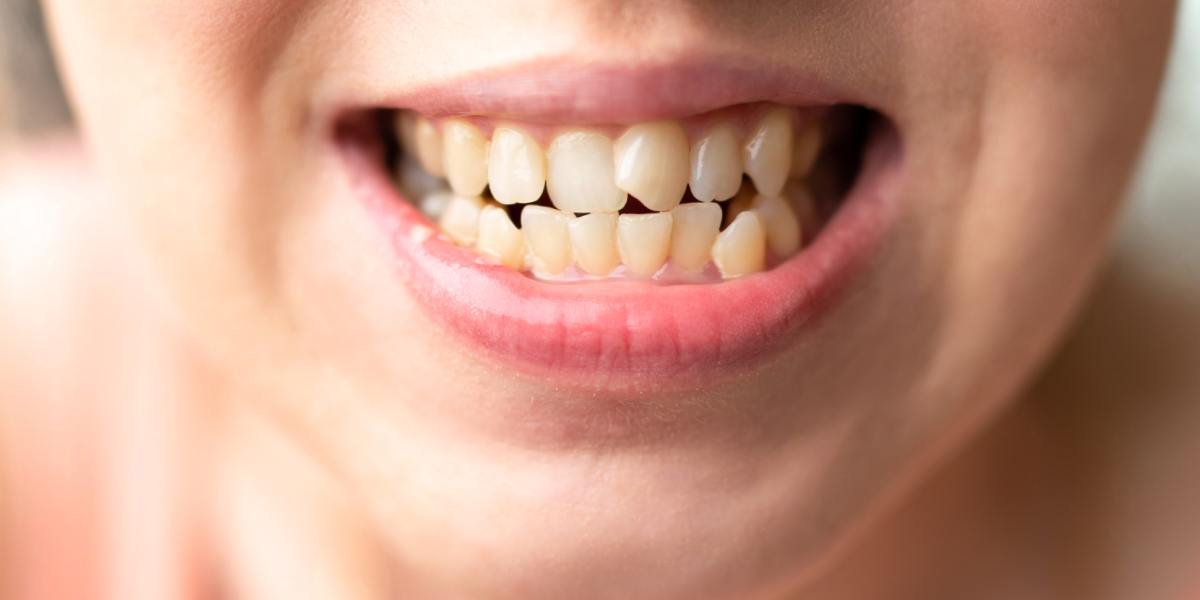
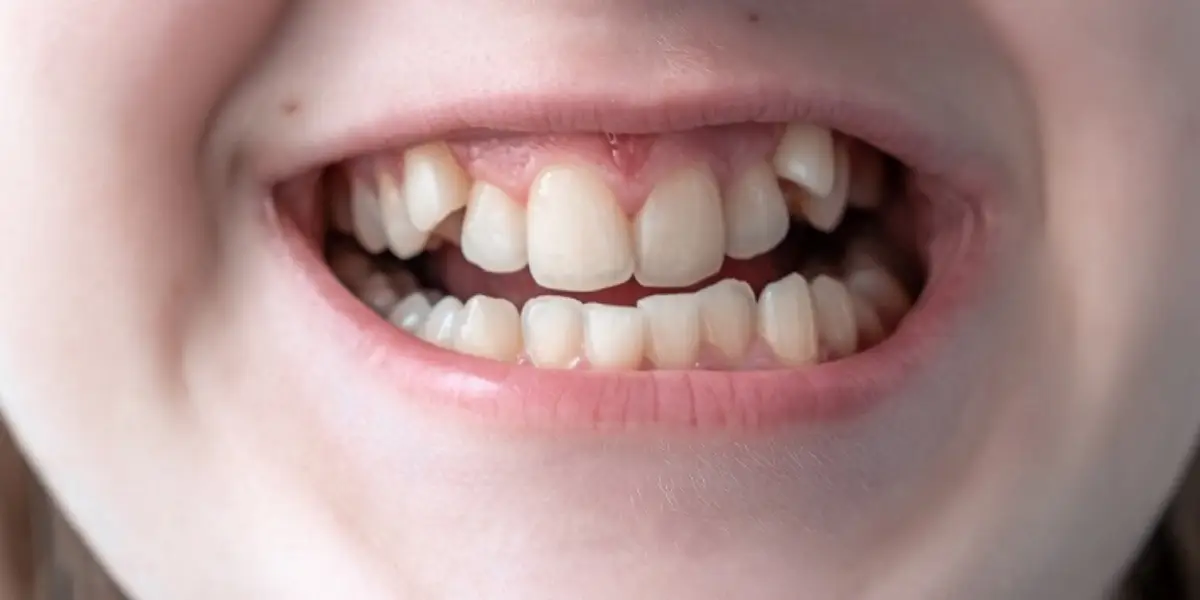
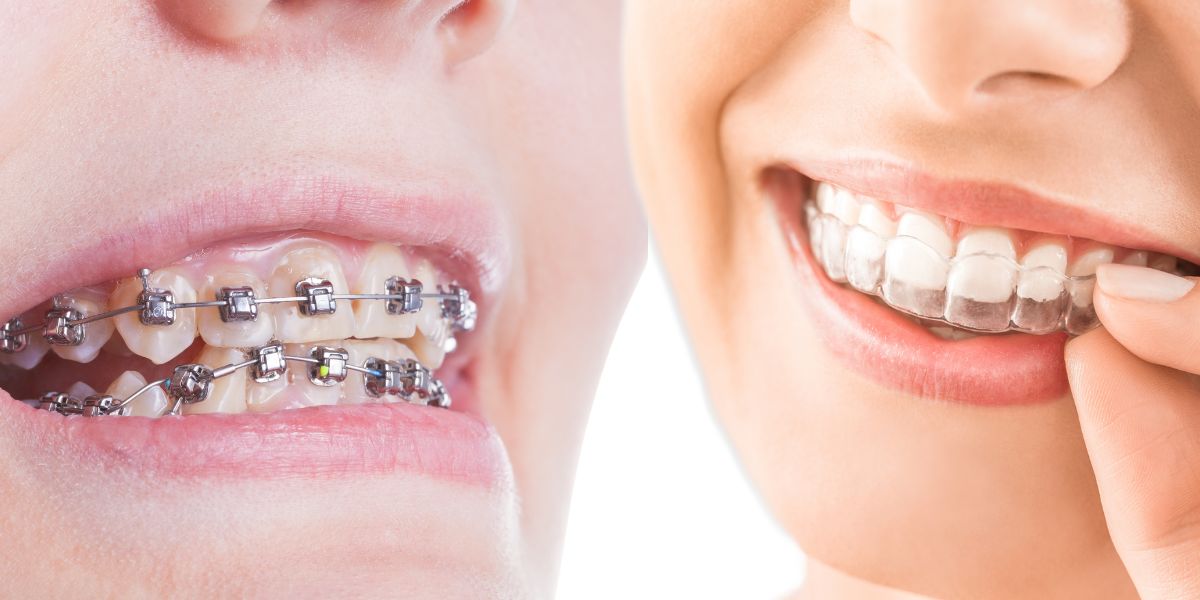
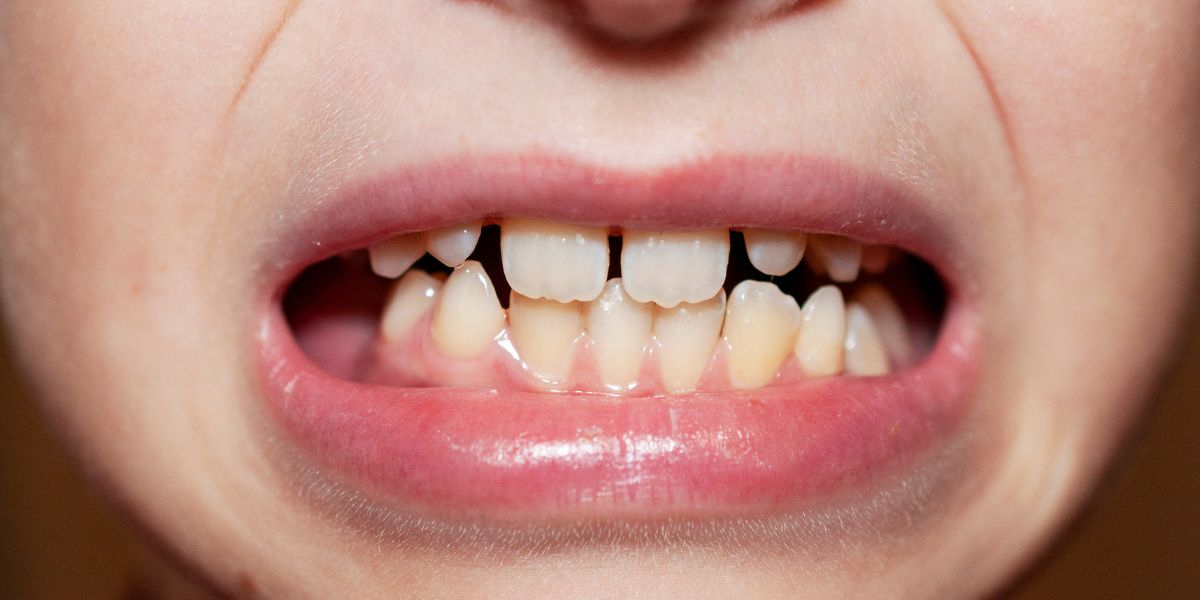
.jpg)
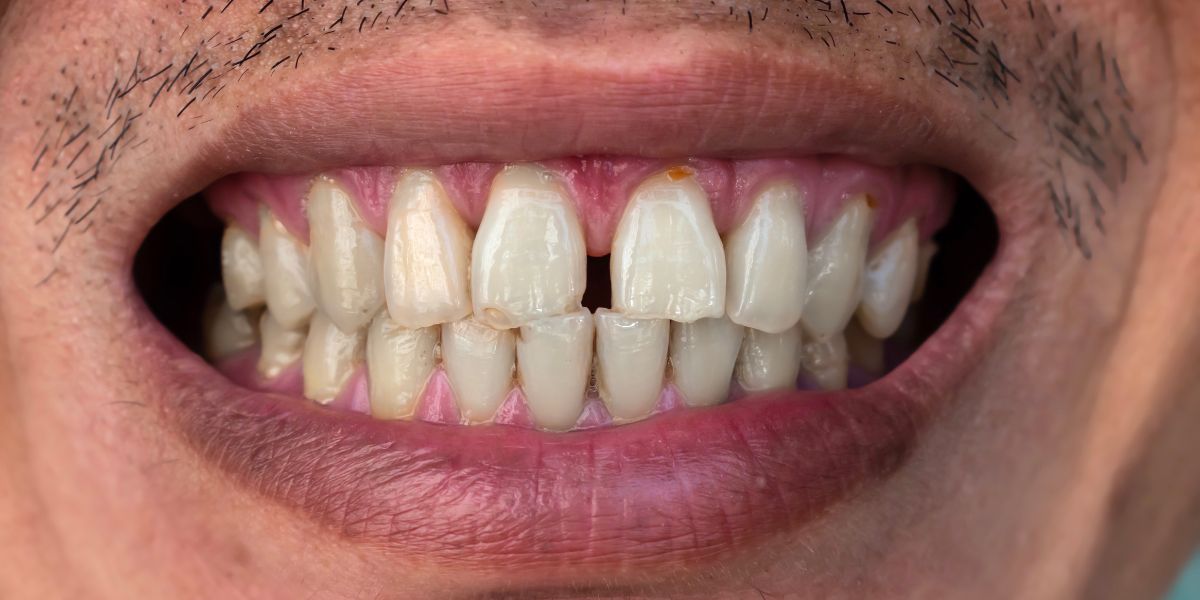
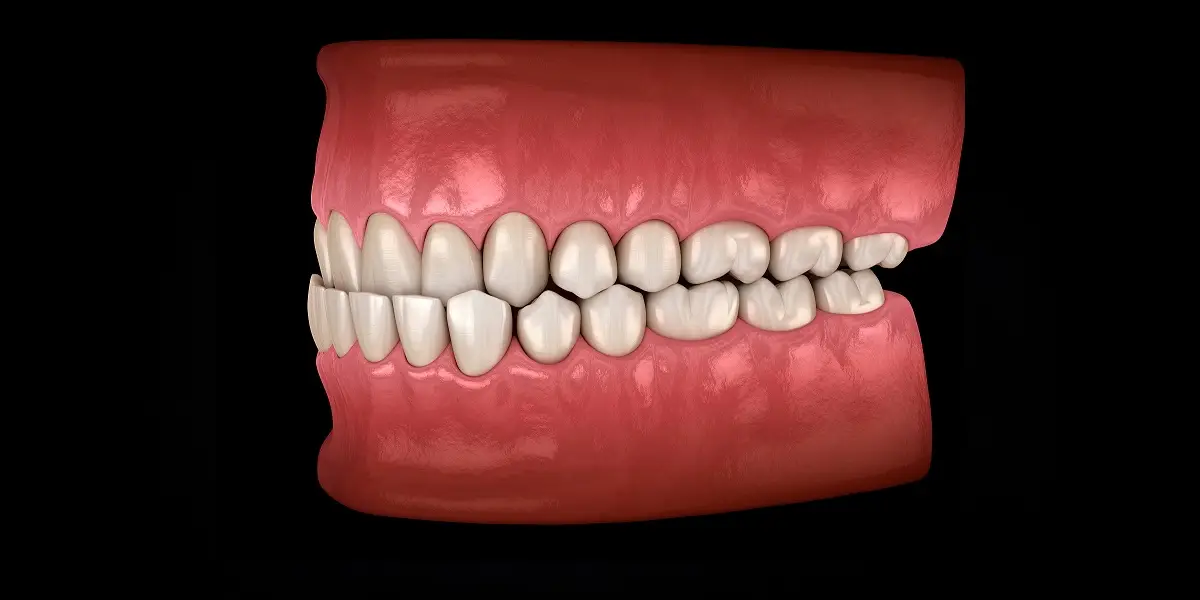
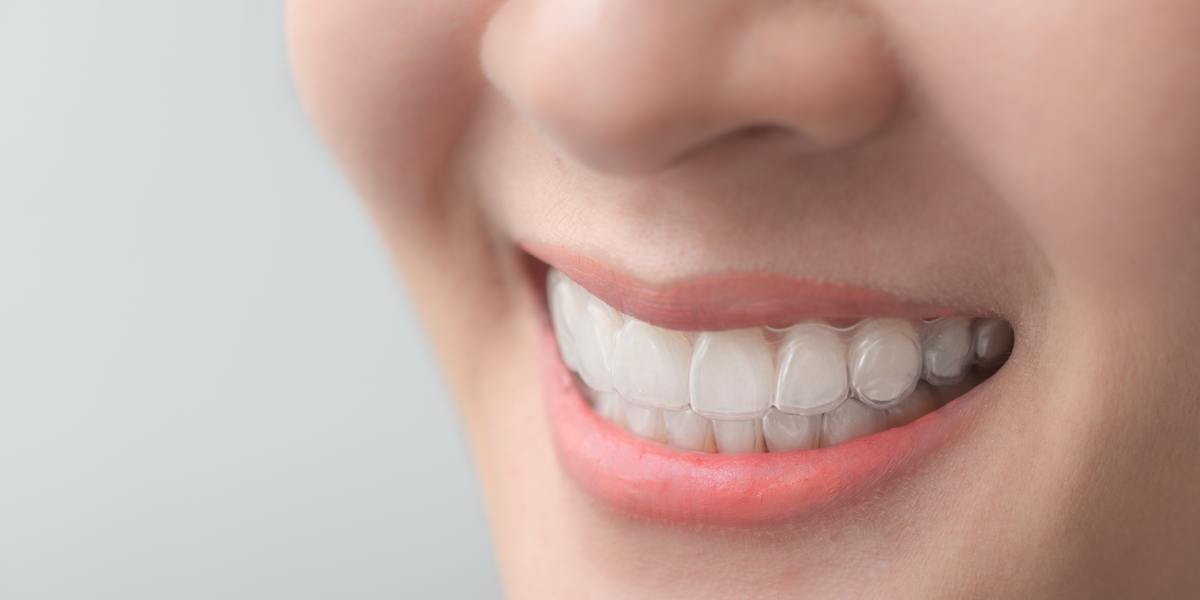

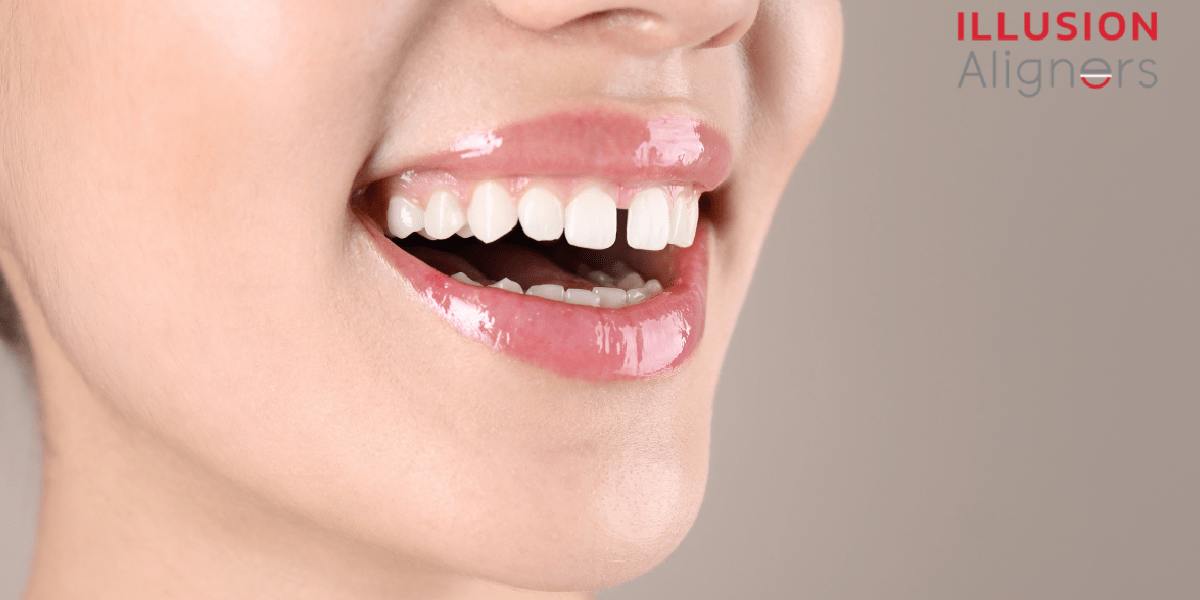
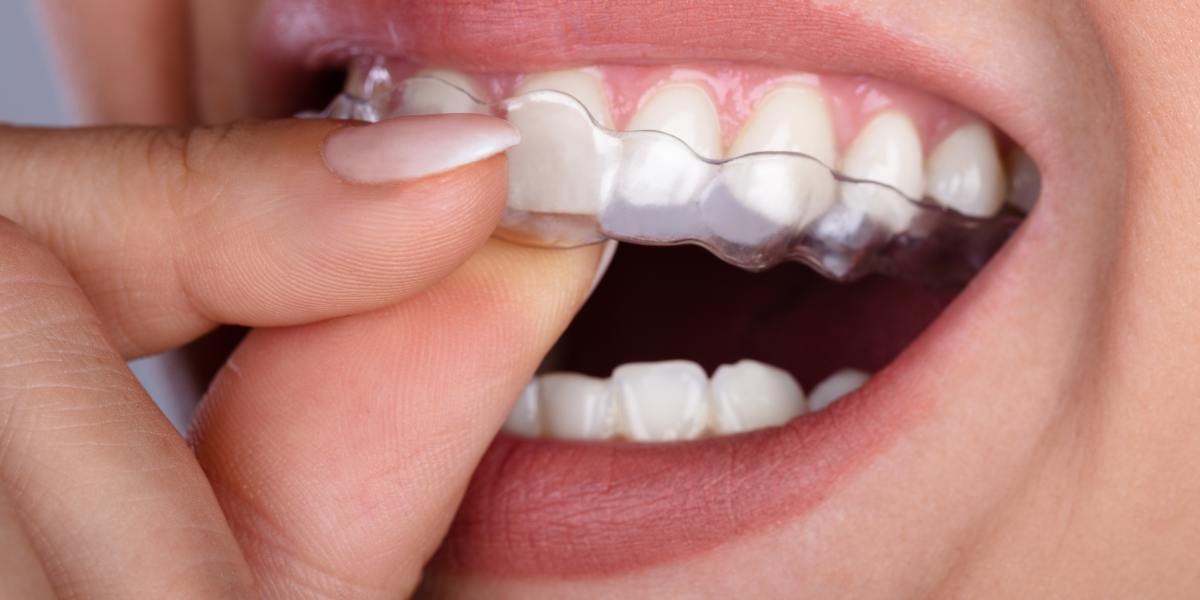
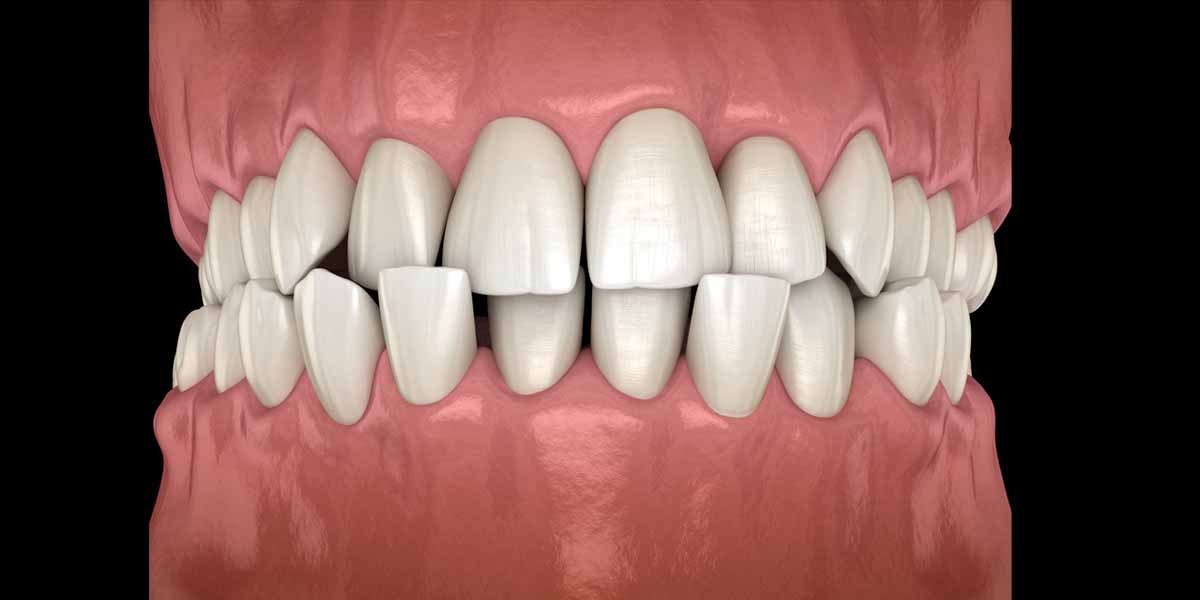
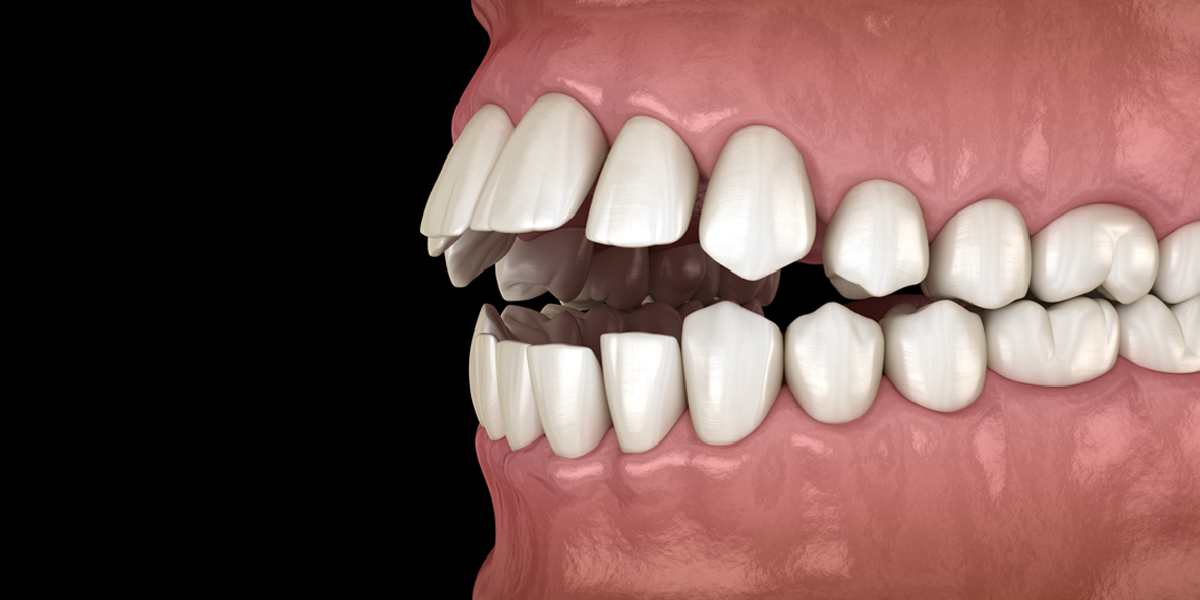
2.jpg)

